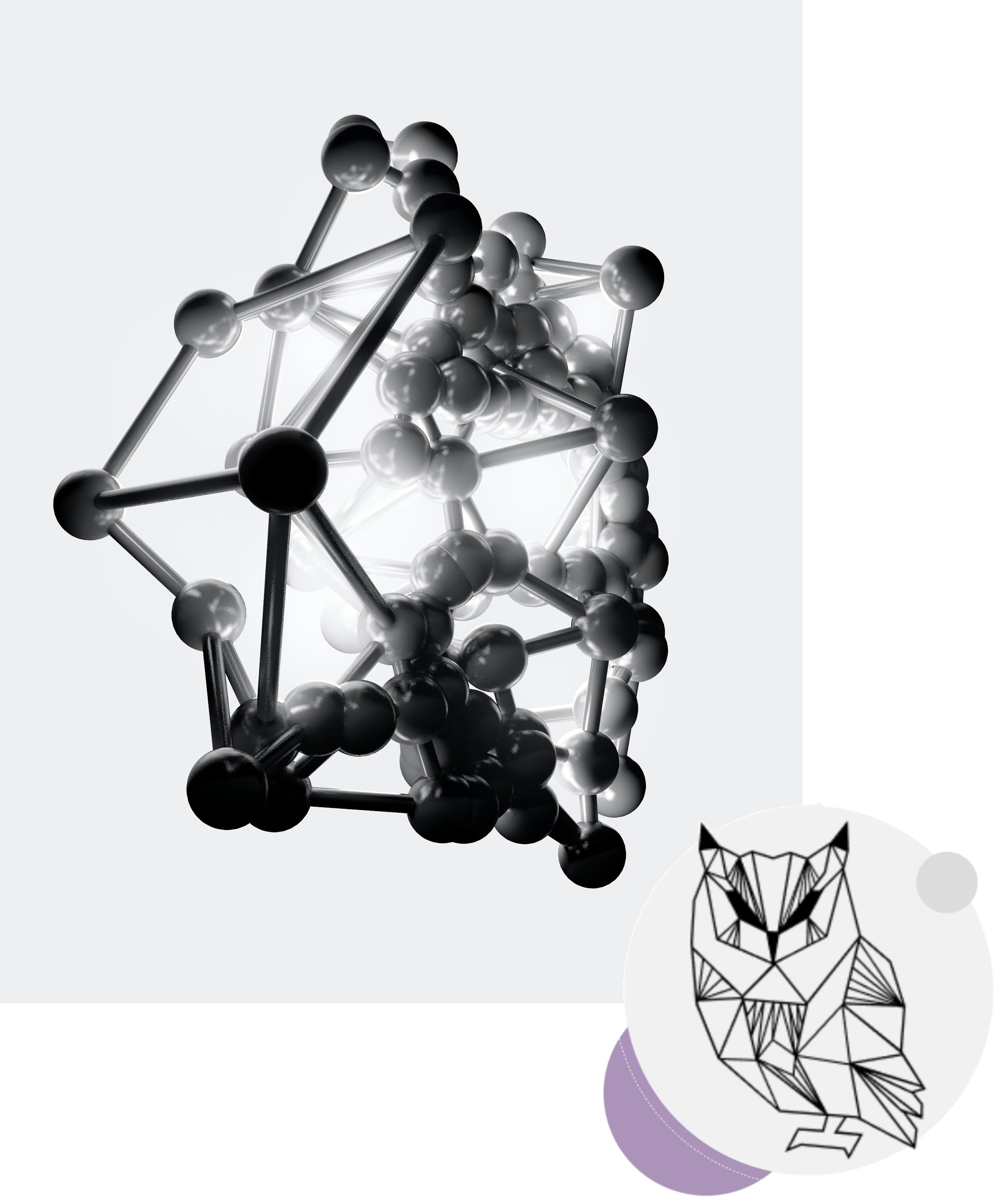Multi-cancer early detection (MCED) has the potential to substantially reduce cancer-related deaths by catching a broad range of cancers early, when prognosis is still good, and the disease can be better managed. For MCED to be effective, it must be practical, Non-invasive, and affordable, while also possessing high sensitivity and specificity for detecting a wide range of cancers. While liquid biopsies appear to be the approach of choice, most methods based on this strategy rely on genomic biomarkers such as circulating free (cfDNA), or DNA isolated from circulating tumor cells (CTC). However, such methods are relatively less effective at detecting early-stage cancers and the sensitivity for Stage 1 of the diseases generally does not exceed 20%-30%. Further, many cancers are missed altogether at this stage.
We have developed an alternate strategy that exploits the fact that cancer is primarily a metabolic disease. By performing a deep-dive analysis of the serum metabolome, we identify perturbations in metabolic patterns that are characteristics of the presence and/or development of cancer.

Our MCED test presents a significant breakthrough in cancer detection, as it combines untargeted serum metabolomics with deep learning analysis. This approach enables the detection of multiple cancers, including those that are difficult to diagnose, and for which standard screening modalities are currently lacking.
We base our approach on the principle that the metabolite composition of biological fluids is reflective of an individual's health status, and that cancer cells exhibit a markedly altered metabolism compared to healthy cells.
Through the accurate extraction of metabolite signatures that are characteristic of cancer from the serum metabolome, our screening test has achieved an exceptional accuracy rate of over 98% in detecting multiple cancers - even in Stage-I of the disease. By leveraging machine learning algorithms, we have trained our system to recognize subtle patterns and features in complex metabolomics data, thereby enabling the identification of cancer metabolite signatures.
Our proprietary, state-of the art deep learning algorithm, employs advanced computational models to analyze high-dimensional metabolomics data and convert them into metabolic fingerprints of the disease.
This innovative technology enhances accuracy and efficiency, revolutionizing the way we interpret information in cancer detection. Use cases of our sophisticated AI suite ranges from data quality control to disease identification.


Tumor cells are characterized by the fact that they continuously undergo cell division, a process that is enabled by significant alterations in their metabolism. We have taken advantage of this fact by developing an approach that monitors for alterations in serum metabolite patterns that correlate with the presence of cancer.
The method developed by us involves metabolome profiling by High-Resolution Liquid Chromatography-coupled Mass Spectrometry (LC-HRMS). Our in-house proprietary deep-learning software suite then interrogates the data generated to capture cancer-specific metabolic signatures.